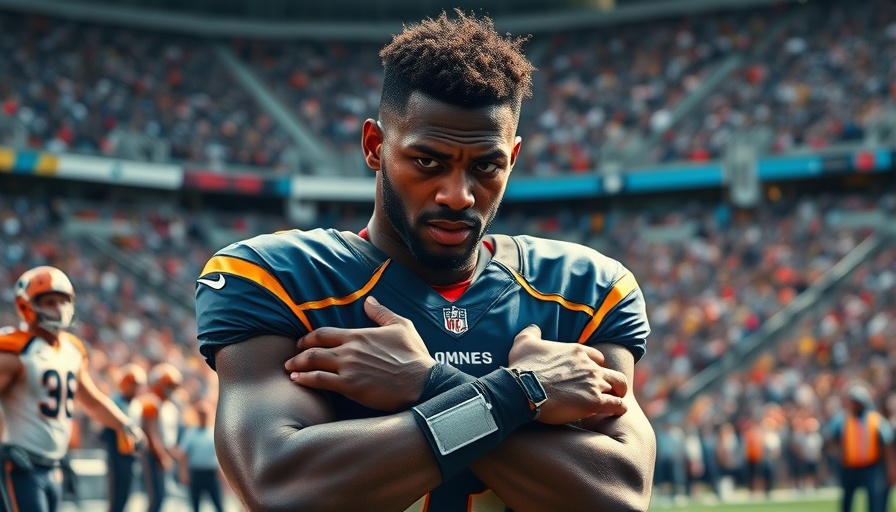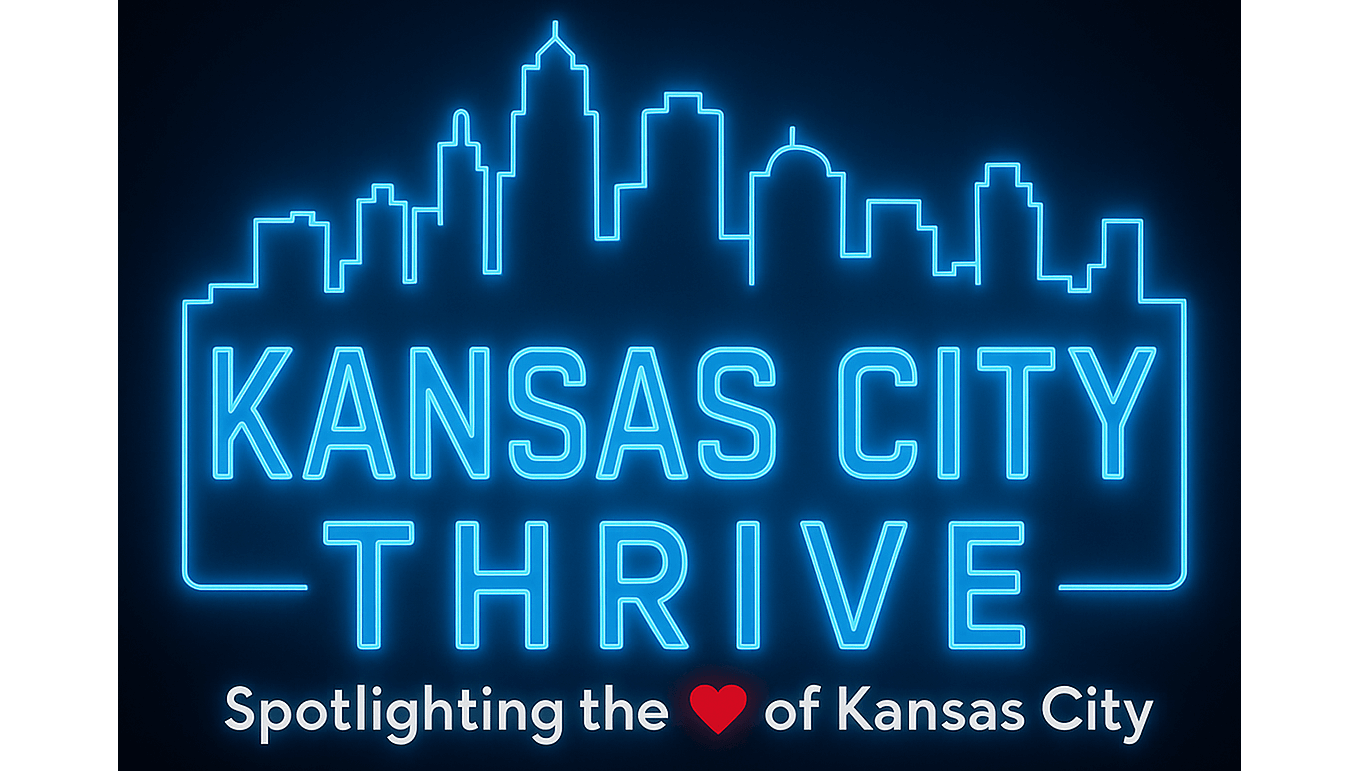
Introduction: The Burden of Fame
In the world of professional sports, athletes often find themselves subjected to an intense microscope, where every action, both on and off the field, is scrutinized. Recently, Kansas City Chiefs’ quarterback Patrick Mahomes, a celebrated three-time Super Bowl champion, found himself at the center of controversy not for his incredible talents on the field but for his summer weight gain, which prompted criticism from local sports radio host Kevin Kietzman.
Shocking Criticism: A Host's Unjustified Attack
Kietzman, known for his provocative opinions, publically labeled Mahomes as "fat" during a recent on-air segment, stating, "He’s an embarrassment" due to his "dad bod" that became apparent after the Chiefs' loss against the Philadelphia Eagles in Super Bowl LIX. This kind of public shaming raises important questions about body image, expectations, and the pressures elite athletes face, even in moments of personal joy—like summer vacations with family.
The Price of Success: Understanding the Pressure
Mahomes has brought immeasurable joy to Kansas City, transforming the Chiefs into one of the league’s most successful franchises. Yet, as he faces scrutiny for his appearance, it underscores an unsettling cultural tendency to idolize athletes only as long as they fit a particular mold. His value is determined not just by his performance but also by how closely his appearance aligns with societal ideals of fitness, leaving little room for human experiences such as weight fluctuations or the effects of personal life events.
Impact on Local Fanbase and Businesses
The reaction from fans and patrons can influence local businesses that thrive on the sports culture in Kansas City. Negative comments about Mahomes can have a ripple effect; his performance and public perception often impact merchandise sales, ticket sales, and even local media engagements. Businesses that rely on fans' loyalty should consider the socio-economic impacts of these critical narratives. What does such scrutiny mean for how residents support their teams and the reputations of local establishments?
Future Implications: Changing Narratives in Sports Coverage
The incident raises larger questions about sports coverage and the narratives surrounding athletes. There is an opportunity for local media to pivot towards more inclusive and supportive viewpoints. A shift in conversation can set a precedent for how future athletes are perceived. As conversations evolve, showing understanding and empathy towards the personal struggles that accompany fame might pave the way for healthier public discourse.
Why Local Communities Should Rally Behind Mahomes
Mahomes has proven to be a powerful figure in the local community, ambitiously investing his time and resources back into Kansas City, whether through charitable contributions or initiatives to support youth sports. Appreciating his contributions and character can alter the community’s narrative surrounding local athletes. By standing behind players like Mahomes, fans and businesses collectively create a culture where athletes can thrive rather than succumb to stifling pressures.
Conclusion: Shaping the Narrative
It’s crucial for Kansas City to embrace its star quarterback instead of tearing him down. Mahomes represents not just success in sports but also an opportunity for growth and unity within the community. By promoting a healthier narrative around athletes, particularly those who are beloved figures like Mahomes, residents can create an environment where sports continue to uplift rather than ostracize.
**Call to Action:** Join local conversations at cafes and community events supporting a culture of encouragement. Understanding the ramifications of public criticism can help bolster the morale of our community. Let’s focus on lifting our local sports heroes up—because in the end, they are part and parcel of our identity as Kansas City residents.
 Add Row
Add Row  Add
Add 





Write A Comment